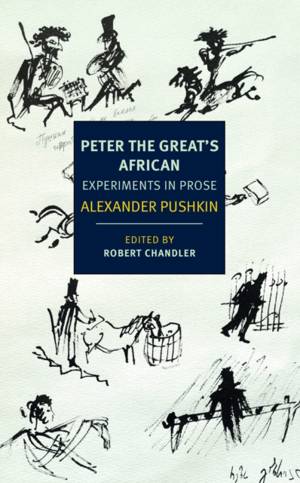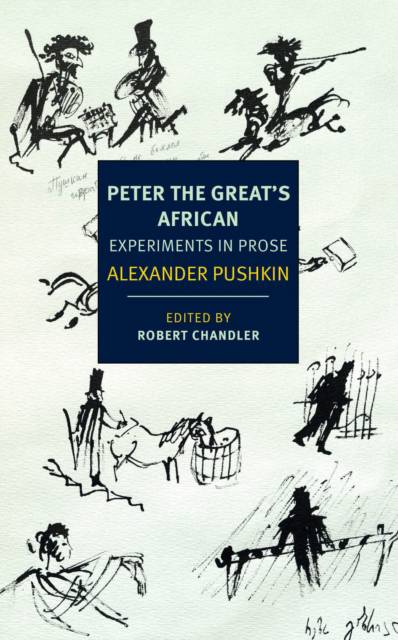
- Afhalen na 1 uur in een winkel met voorraad
- Gratis thuislevering in België vanaf € 30
- Ruim aanbod met 7 miljoen producten
- Afhalen na 1 uur in een winkel met voorraad
- Gratis thuislevering in België vanaf € 30
- Ruim aanbod met 7 miljoen producten
Zoeken
€ 22,45
+ 44 punten
Omschrijving
Newly translated, unfinished works about power, class conflict, and artistic inspiration by Russia's greatest poet. Alexander Pushkin, Russia's foundational writer, was constantly experimenting with new genres, and this fresh selection ushers readers into his creative laboratory. Politics and history weighed heavily on Pushkin's imagination, and in "Peter the Great's African" he depicts the Tsar through the eyes of one of his closest confidantes, Ibrahim, a former slave, modeled on Pushkin's maternal great-grandfather. At once outsider and insider, Ibrahim offers a sympathetic yet questioning view of Peter's attempt to integrate his vast, archaic empire into Europe. In the witty "History of the Village of Goriukhino" Pushkin employs parody and self-parody to explore problems of writing history, while "Dubrovsky" is both a gripping adventure story and a vivid picture of provincial Russia in the late eighteenth century, with its class conflicts ready to boil over in violence. "The Egyptian Nights," an effervescent mixture of prose and poetry, reflects on the nature of artistic inspiration and the problem of the poet's place in a rapidly changing and ever more commercialized society.
Specificaties
Betrokkenen
- Auteur(s):
- Vertaler(s):
- Uitgeverij:
Inhoud
- Aantal bladzijden:
- 208
- Taal:
- Engels
Eigenschappen
- Productcode (EAN):
- 9781681375991
- Verschijningsdatum:
- 12/04/2022
- Uitvoering:
- Paperback
- Formaat:
- Trade paperback (VS)
- Afmetingen:
- 132 mm x 205 mm
- Gewicht:
- 213 g

Alleen bij Standaard Boekhandel
+ 44 punten op je klantenkaart van Standaard Boekhandel
Beoordelingen
We publiceren alleen reviews die voldoen aan de voorwaarden voor reviews. Bekijk onze voorwaarden voor reviews.











